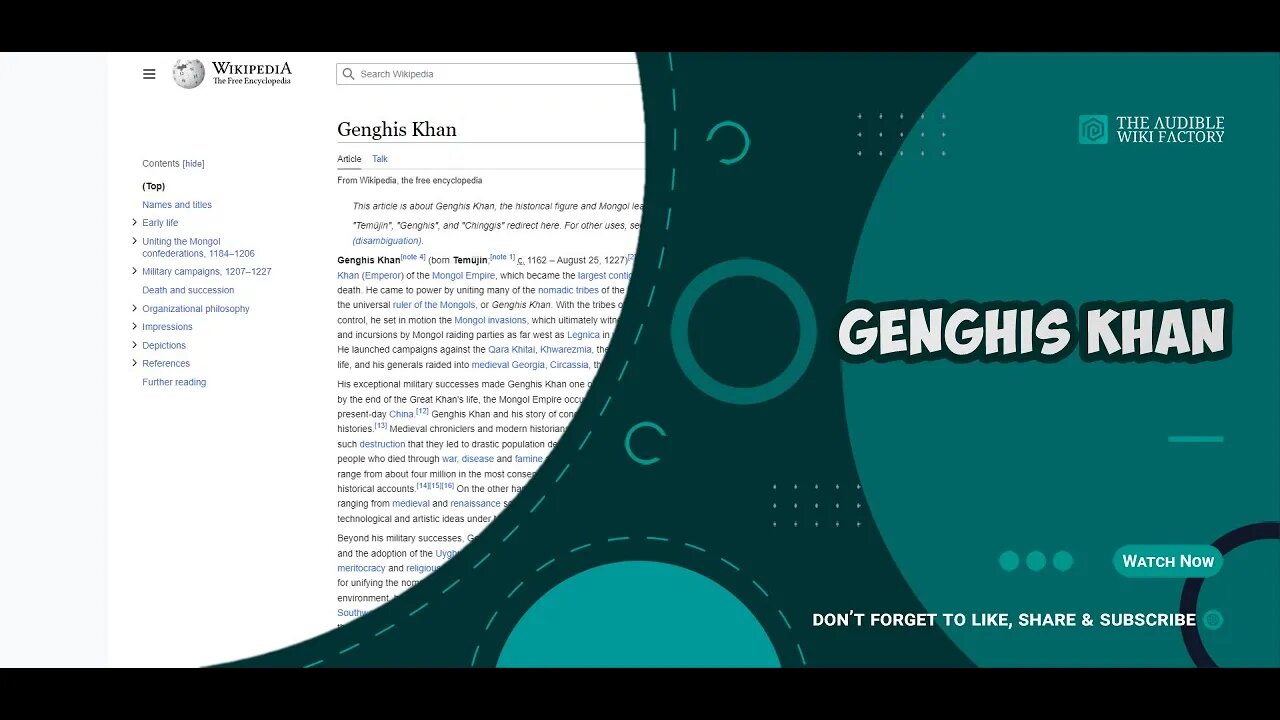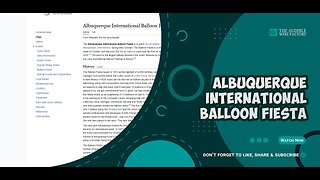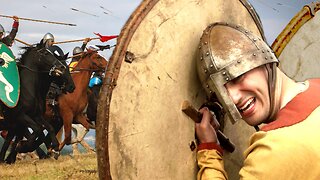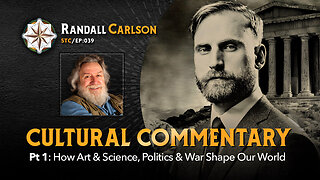Premium Only Content

Genghis Khan was the founder and first Great Khan of the Mongol Empire, which became the
Genghis Khan (born Temüjin) was the founder and first Great Khan (Emperor) of the Mongol Empire, which became the largest contiguous empire in history after his death. He came to power by uniting many of the nomadic tribes of the Mongol steppe and being proclaimed the universal ruler of the Mongols, or Genghis Khan. With the tribes of Northeast Asia largely under his control, he set in motion the Mongol invasions, which ultimately witnessed the conquest of much of Eurasia, and incursions by Mongol raiding parties as far west as Legnica in western Poland and as far south as Gaza. He launched campaigns against the Qara Khitai, Khwarezmia, the Western Xia and Jin dynasty during his life, and his generals raided into medieval Georgia, Circassia, the Kievan Rus', and Volga Bulgaria.
His exceptional military successes made Genghis Khan one of the most important conquerors of all time, and by the end of the Great Khan's life, the Mongol Empire occupied a substantial portion of Central Asia and present-day China. Genghis Khan and his story of conquest have a fearsome reputation in local histories. Medieval chroniclers and modern historians describe Genghis Khan's conquests as resulting in such destruction that they led to drastic population declines in some regions. Estimates of the number of people who died through war, disease and famine as a consequence of Genghis Khan's military campaigns range from about four million in the most conservative estimates to up to sixty million in the most sweeping historical accounts. On the other hand, Genghis Khan has also been portrayed positively by authors ranging from medieval and renaissance scientists in Europe to modern historians for the spread of technological and artistic ideas under Mongol influence.
Beyond his military successes, Genghis Khan's civil achievements included the establishment of Mongol law and the adoption of the Uyghur script as a writing system across his vast territories. He also practiced meritocracy and religious tolerance. Present-day Mongolians regard him as the founding father of Mongolia for unifying the nomadic tribes of Northeast Asia. By bringing the Silk Road under one cohesive political environment, he also considerably eased communication and trade between Northeast Asia, Muslim Southwest Asia, and Christian Europe, boosting global commerce and expanding the cultural horizons of all the Eurasian civilizations of the day.
NAMES AND TITLES
According to The Secret History of the Mongols, Genghis Khan's birth name Temüjin came from the Tatar chief Temüjin-üge whom his father had just captured. The name Temüjin is also equated with the Turco-Mongol temürči(n), "blacksmith", and there existed a tradition that viewed Genghis Khan as a smith, according to Paul Pelliot, which, though unfounded, was well established by the middle of the 13th century.
Genghis Khan is an honorary title meaning "universal ruler" that represents an aggrandization of the pre-existing title of Khan that is used to denote a clan chief in Mongolian. The appellation of "Genghis" to the term is thought to derive from the Turkic word "tengiz", meaning sea, making the honorary title literally "oceanic ruler", but understood more broadly as a metaphor for the universality or totality of Temüjin's rule from a Mongol perspective.
When Kublai Khan established the Yuan dynasty in 1271, he had his grandfather Genghis Khan placed in official records and accorded him the temple name Taizu and the posthumous name Emperor Shengwu. Genghis Khan is thus also referred to as Yuan Taizu (Emperor Taizu of Yuan) in Chinese historiography. Külüg Khan later expanded Genghis Khan's title to Emperor Fatian Qiyun Shengwu.
EARLY LIFE
LINK TO ARTICLE: http://en.wikipedia.org/wiki/Genghis_Khan
TAGS: Genghis Khan, Founding monarchs, Medieval slaves, Medieval military leaders, Mongol Empire people, Genocide perpetrators, Deaths by horse-riding accident, Year of birth uncertain, 13th-century Chinese monarchs, 12th-century Mongol rulers, 13th-century Mongol rulers, Great Khans of the Mongol Empire, People from Khentii Province, Genghis Khan
#GeneralKnowledge #AudibleWikiFactory #Audible #Wikipedia #GenghisKhan
-
 9:22
9:22
The Audible Wiki Factory
1 year agoThe Albuquerque International Balloon Fiesta is a yearly hot air balloon festival that takes
723 -
 1:17:59
1:17:59
Sarah Westall
7 hours agoDOGE: Crime & Hysteria bringing the Critics & the Fearful - Plus new CDC/Ukraine Crime w/ Dr Fleming
31.2K3 -
 45:39
45:39
Survive History
13 hours ago $3.76 earnedCould You Survive in the Shield Wall at the Battle of Hastings?
38.7K5 -
 1:50:28
1:50:28
TheDozenPodcast
12 hours agoViolence, Abuse, Jail, Reform: Michael Maisey
82.3K4 -
 23:01
23:01
Mrgunsngear
1 day ago $4.41 earnedWolfpack Armory AW15 MK5 AR-15 Review 🇺🇸
72.5K12 -
 25:59
25:59
TampaAerialMedia
1 day ago $2.26 earnedUpdate ANNA MARIA ISLAND 2025
44.2K4 -
 59:31
59:31
Squaring The Circle, A Randall Carlson Podcast
14 hours ago#039: How Politics & War, Art & Science Shape Our World; A Cultural Commentary From Randall Carlson
34.1K2 -
 13:21
13:21
Misha Petrov
14 hours agoThe CRINGIEST Thing I Have Ever Seen…
27K53 -
 11:45
11:45
BIG NEM
10 hours agoWe Blind Taste Tested the Best Jollof in Toronto 🇳🇬🇬🇭
18.7K1 -
 15:40
15:40
Fit'n Fire
13 hours ago $0.38 earnedArsenal SLR106f & LiteRaider AK Handguard from 1791 Industries
16.3K1